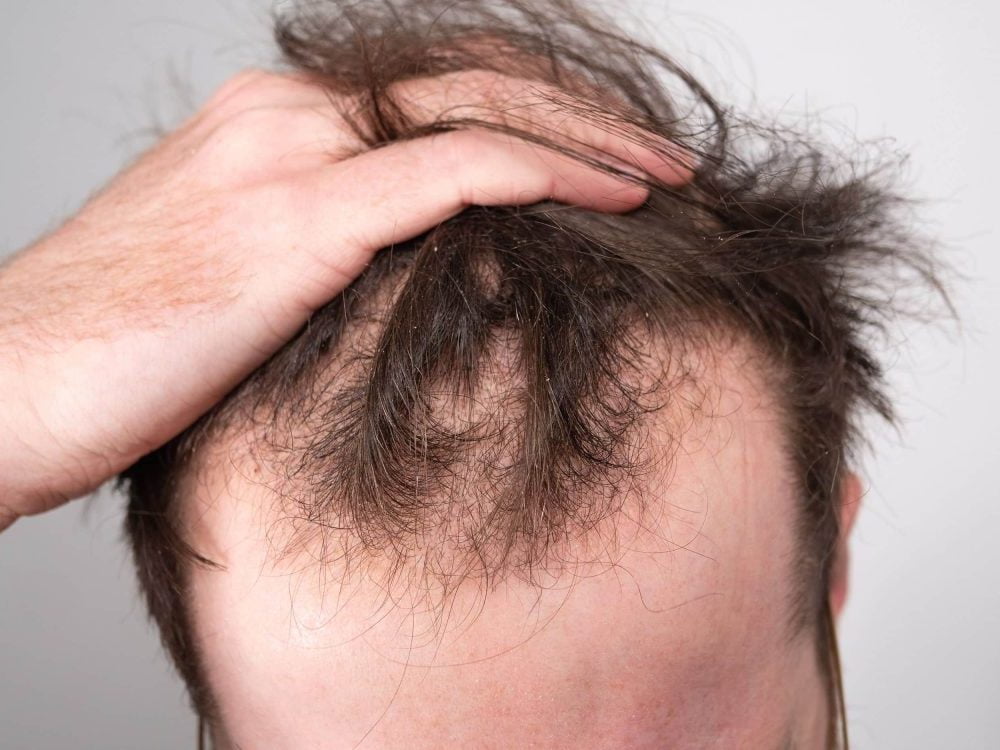For many people, hair loss can be a troubling and disheartening issue. To better understand the root causes and potential treatments for hair loss, it’s essential to examine the contributing factors and the available options to combat this condition.
What Causes Hair Loss?
Hair loss can stem from several factors such as genetics, hormonal changes, and medical conditions. Genetics play a significant role in male-pattern baldness, a prevalent condition affecting many men as they age. Women can also experience hereditary hair loss, though it tends to manifest differently compared to men. Hormonal changes, such as those occurring during pregnancy or menopause, can also induce hair loss. Additionally, conditions such as thyroid disease, anemia, and autoimmune disorders are often responsible for hair thinning and hair loss.
Medications and Treatments for Hair Loss
There are various medications available to slow down or stop hair loss. For example, Minoxidil is a well-known over-the-counter treatment that enhances blood flow to hair follicles, promoting revitalization and new growth. Another popular prescription medication is Finasteride. This medication works by blocking the conversion of testosterone into dihydrotestosterone, a hormone that significantly contributes to hair loss.
Additionally, advanced treatments like low-level laser therapy (LLLT) and platelet-rich plasma (PRP) therapy are showing promise. These treatments are administered in a clinical setting and aim to boost hair growth and improve scalp health.
Other hair loss treatments include:
- Hair transplant surgery: This surgical approach involves moving hair follicles from a healthy part of the scalp to an area experiencing thinning or balding.
- Topical and oral corticosteroids: These prescription medications reduce inflammation and slow hair loss, particularly in conditions like alopecia areata.
- Vitamin and mineral supplements: Supplements high in biotin, iron, and zinc can support hair health and potentially prevent hair loss.
- Stress management: Participating in stress-relieving activities such as yoga, meditation, and regular exercise can help prevent hair loss and improve overall health.
How to Prevent Hair Loss?
While treatments can manage hair loss, adopting a healthy lifestyle early on can help prevent it. Consuming a balanced diet rich in vitamins and minerals is essential for maintaining healthy hair. Avoiding harsh hair treatments, such as tight braids, tight ponytails, excessive ironing, and chemical treatments, is also beneficial.
Stress reduction is another critical factor in preventing hair loss. Since stress negatively impacts overall health, including hair health, engaging in relaxing activities like yoga or meditation can help keep your hair healthy.
If you’re experiencing hair loss, it’s wise to consult a doctor. They can diagnose the underlying cause and recommend the most effective treatment to encourage new hair growth.
Conclusion
In summary, while hair loss can be a distressing issue, numerous treatments are available to slow down or halt this process. A medical professional can help determine the cause of your hair loss and guide you toward the appropriate medications and treatments to rejuvenate hair growth.
